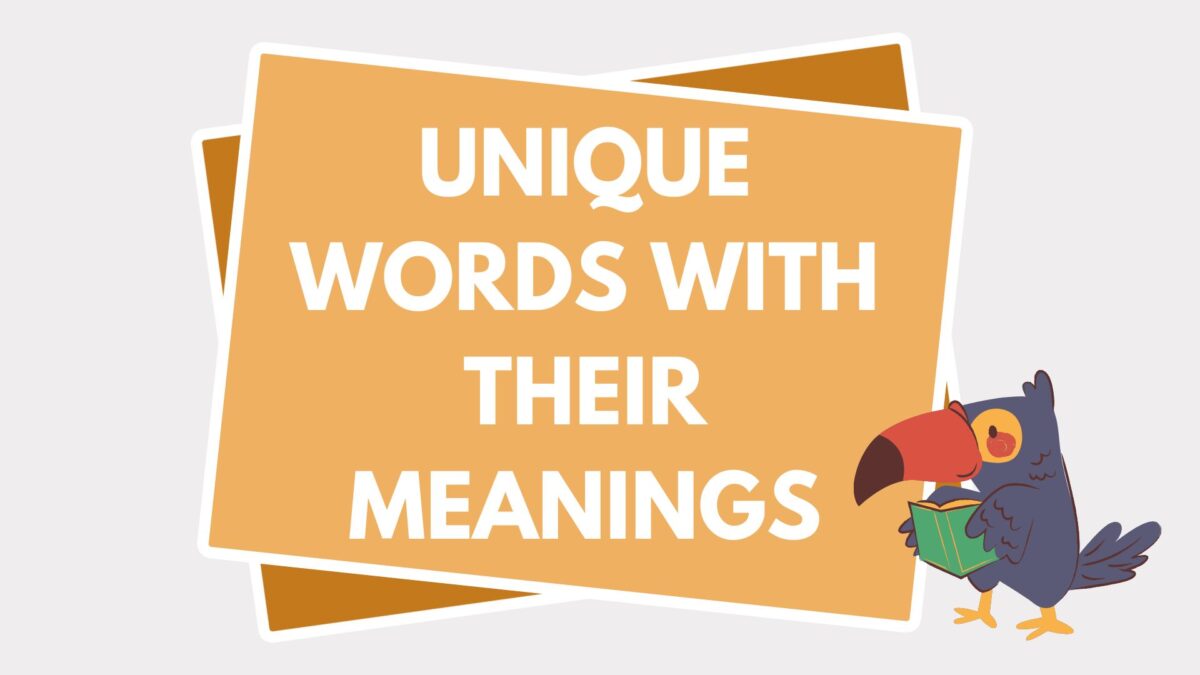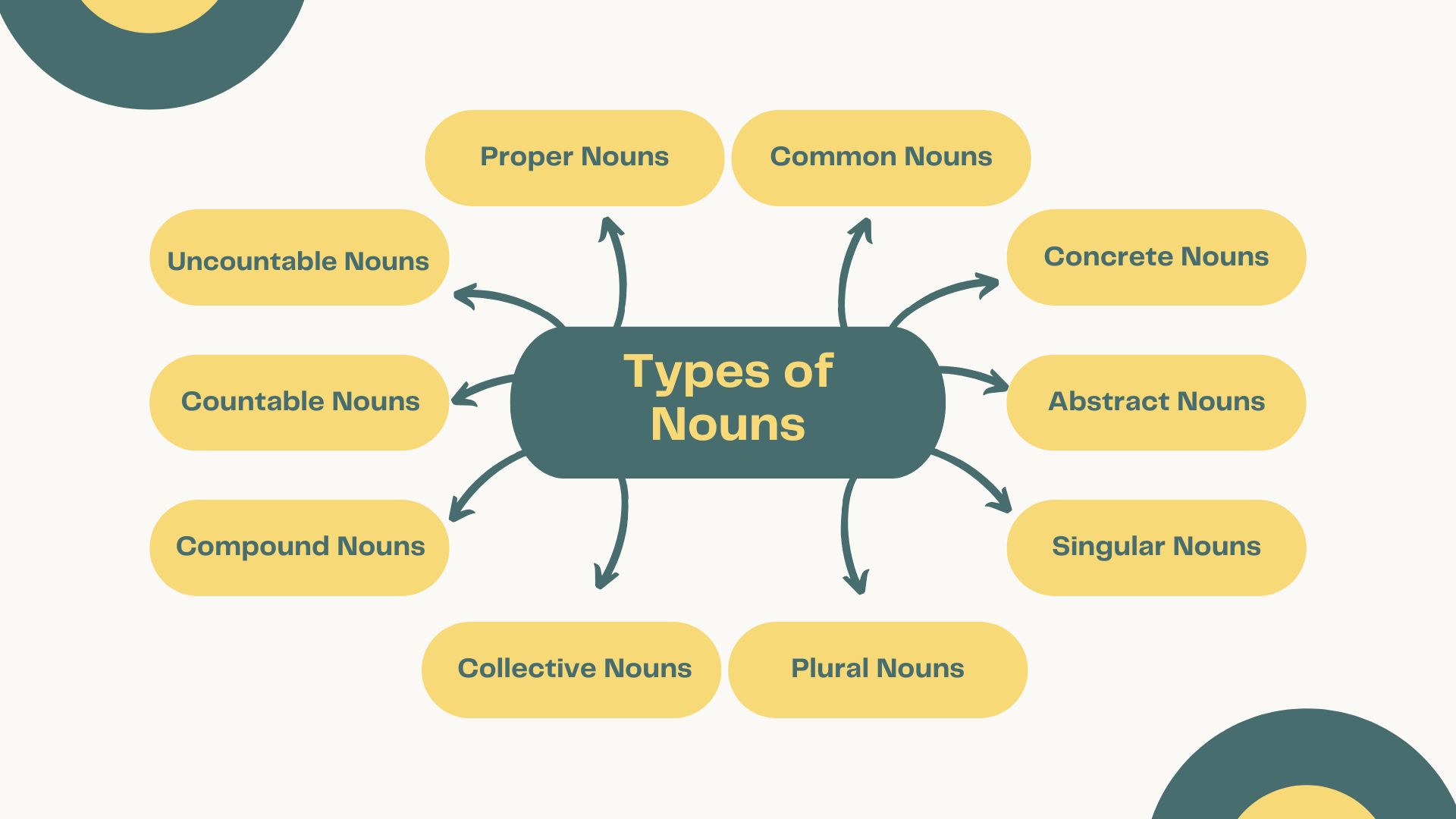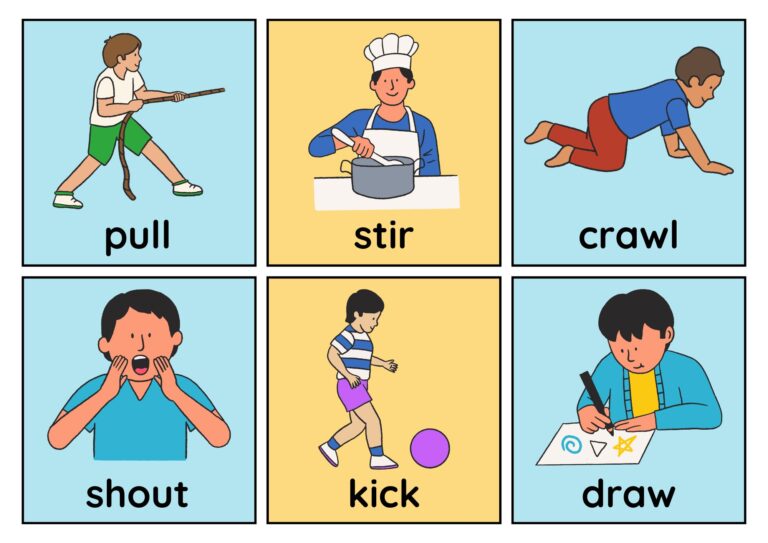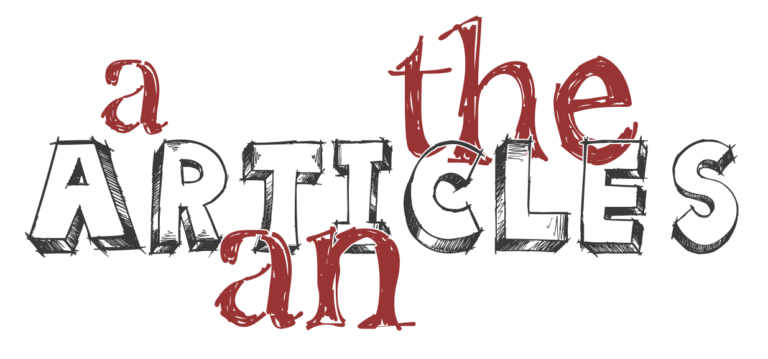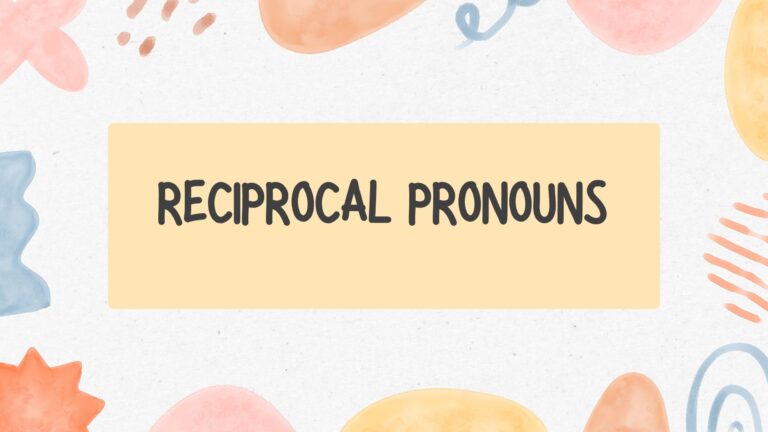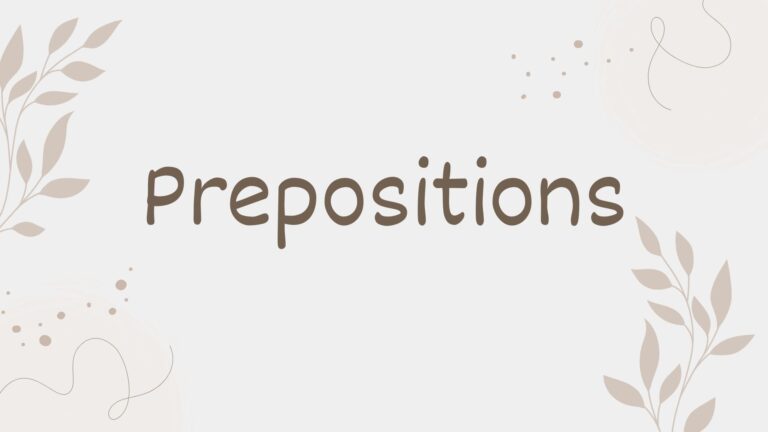200 Unique Words with Meanings
The English language has over a million words, but most people use only some basic words. This article looks at 200 unique words with meanings to help improve vocabulary and communication skills. By learning these words, readers can boost their conversations.
Introduction to Unique Words
Language has many unique words that are important to culture. “Sonder” means understanding that everyone has a life as complex as ours, showing how we are all connected.
Unique words improve communication by helping us express our feelings and ideas clearly. For instance, “petrichor” is the smell of rain on dry ground, bringing back memories and adding to our vocabulary. Using these words in conversation helps us connect better and makes everyday experiences feel special.
Unique Words with Meanings
Here are 200 random unique words with meanings.
1. Serendipity – the occurrence of happy or beneficial events by chance
2. Lugubrious – looking or sounding sad and dismal
3. Ephemeral – lasting a very short time
4. Obfuscate – to deliberately make something unclear or difficult to understand
5. Recalcitrant – stubbornly refusing to obey rules or orders
6. Bombastic – using high-sounding language with little meaning; inflated
7. Irascible – easily angered or provoked
8. Zenith – the highest point or peak
9. Benevolent – kindly, charitable
10. Capitulate – to surrender or give up resistance
11. Sycophant – a person who flatters for personal gain
12. Juxtapose – to place side by side for comparison
13. Mellifluous – sweet or musical; pleasant to hear
14. Taciturn – reserved or uncommunicative in speech
15. Obsequious – overly submissive or eager to please
16. Ubiquitous – present or found everywhere
17. Disparate – fundamentally different or distinct
18. Munificent – very generous
19. Harangue – a lengthy and aggressive speech
20. Insidious – proceeding in a subtle but harmful way
21. Cacophony – a harsh discordant mixture of sounds
22. Fatuous – silly and pointless
23. Lethargic – sluggish and apathetic
24. Impetuous – acting quickly without thought or care
25. Aplomb – self-confidence or assurance
26. Pernicious – having a harmful effect, especially in a gradual or subtle way
27. Garrulous – excessively talkative
28. Sanguine – optimistic or positive, especially in a bad situation
29. Exacerbate – to make worse or more severe
30. Capricious – given to sudden changes of mood or behavior
31. Trepidation – a feeling of fear or agitation about something that may happen
32. Luminous – full of or shedding light; bright or shining
33. Paucity – scarcity; the presence of something in only small or insufficient quantities
34. Callous – showing or having an insensitive and cruel disregard for others
35. Inchoate – just begun and not fully developed
36. Enervate – to weaken or drain energy
37. Rancor – bitterness or resentfulness
38. Vicissitude – a change of circumstances or fortune, typically unwelcome
39. Nefarious – wicked or criminal
40. Esoteric – intended for or likely to be understood by only a small number of people
41. Rescind – to revoke, cancel, or repeal
42. Quixotic – exceedingly idealistic; unrealistic and impractical
43. Phlegmatic – having an unemotional and stolidly calm disposition
44. Reprobate – an unprincipled person
45. Sagacious – wise or shrewd
46. Veracity – conformity to facts; truthfulness
47. Bellicose – demonstrating aggression and willingness to fight
48. Surreptitious – kept secret, especially because it would not be approved of
49. Dilatory – slow to act; intended to cause delay
50. Misanthrope – a person who dislikes humankind and avoids human society
51. Gregarious – fond of company; sociable
52. Laconic – using few words; concise
53. Vitriolic – filled with bitter criticism or malice
54. Censure – express severe disapproval of (someone or something)
55. Histrionic – overly theatrical or melodramatic in character or style
56. Paragon – a person or thing regarded as a perfect example of a particular quality
57. Recalcitrant – resisting authority or control
58. Squalid – extremely dirty and unpleasant
59. Untenable – not able to be maintained or defended against attack or objection
60. Penurious – extremely poor; poverty-stricken
61. Tantamount – equivalent in seriousness to; virtually the same as
62. Epiphany – a sudden realization or insight
63. Phantasmagoria – a sequence of real or imaginary images like those seen in a dream
64. Cajole – to persuade someone by sustained coaxing or flattery
65. Deleterious – causing harm or damage
66. Ebullient – cheerful and full of energy
67. Furtive – attempting to avoid notice or attention, typically because of guilt
68. Iconoclast – one who attacks or criticizes cherished beliefs or institutions
69. Implacable – unable to be calmed or appeased
70. Jocular – fond of joking; humorous or playful
71. Knell – the sound of a bell, especially when rung solemnly for a death or funeral
72. Languid – slow and relaxed; weak or faint from illness or fatigue
73. Mawkish – sentimental in a feeble or sickly way
74. Obdurate – stubbornly refusing to change one’s opinion or course of action
75. Palliate – to make less severe without removing the cause
76. Querulous – complaining in a petulant or whining manner
77. Recidivism – tendency to relapse into a previous condition or behavior, especially criminal behavior
78. Scintillate – to sparkle or shine brightly
79. Turgid – swollen and distended or congested; also, tediously pompous or bombastic
80. Vicissitude – a change of circumstances or fortune
81. Wheedle – to coax or persuade by flattery
82. Xenophobia – dislike of or prejudice against people from other countries
83. Yen – a strong desire or craving
84. Zephyr – a soft gentle breeze
85. Abrogate – to repeal or do away with a law or formal agreement
86. Bucolic – relating to the pleasant aspects of the countryside and country life
87. Circumlocution – the use of many words where fewer would do, especially in a deliberate attempt to be vague or evasive
88. Defenestration – the act of throwing someone out of a window
89. Ebullience – the quality of being cheerful and full of energy
90. Felicity – intense happiness
91. Grandiloquent – pompous or extravagant in language, style, or manner
92. Hapless – unfortunate
93. Imbroglio – a complicated or confusing situation
94. Jettison – to throw or drop something from an aircraft or ship
95. Kismet – destiny or fate
96. Lugubrious – mournful, dismal, or gloomy
97. Mellifluous – smooth and sweet-sounding
98. Nadir – the lowest point
99. Obstreperous – noisy and difficult to control
100. Pernicious – causing great harm or damage
101. Quagmire – a difficult or precarious situation
102. Reprobate – morally unprincipled person
103. Sanguine – optimistic, positive
104. Talisman – an object thought to have magic powers
105. Umbrage – offense or annoyance
106. Vacuous – having or showing a lack of thought or intelligence
107. Wistful – having a feeling of vague or regretful longing
108. Xenial – relating to hospitality or relations between host and guest
109. Yoke – to join together or burden
110. Zealot – a person who is fanatical and uncompromising in pursuit of their ideals
111. Ameliorate – to make something better
112. Banal – so lacking in originality as to be obvious and boring
113. Censure – to criticize harshly
114. Diaphanous – light, delicate, and translucent
115. Evanescent – quickly fading or disappearing
116. Fatuous – silly and pointless
117. Garrulous – excessively talkative
118. Hegemony – leadership or dominance, especially by one country or social group
119. Iconoclast – a person who attacks cherished beliefs or institutions
120. Jocular – humorous or playful
121. Kaleidoscopic – constantly changing pattern or sequence of elements
122. Lethargy – lack of energy and enthusiasm
123. Munificent – very generous
124. Nostalgia – a sentimental longing for the past
125. Ostentatious – showy, designed to impress
126. Piquant – having a pleasantly sharp taste or stimulating quality
127. Quixotic – exceedingly idealistic; unrealistic and impractical
128. Raconteur – a person who tells anecdotes in an amusing way
129. Sagacious – wise or shrewd
130. Taciturn – reserved or uncommunicative in speech
131. Ubiquitous – present everywhere
132. Verdant – green with grass or other vegetation
133. Winsome – attractive or appealing in appearance or character
134. Xenophile – an individual attracted to foreign peoples, cultures, or customs
135. Yen – a strong desire
136. Zenith – the highest point reached by a celestial or other object
137. Abstruse – difficult to understand; obscure
138. Boorish – rough and bad-mannered; coarse
139. Chicanery – trickery or deception
140. Delineate – describe or portray precisely
141. Ebullient – cheerful and full of energy
142. Felicity – intense happiness
143. Grandiose – impressive and imposing in appearance or style
144. Hapless – unlucky
145. Intransigent – unwilling to change one’s views
146. Juxtaposition – placing two things side by side to contrast them
147. Knavery – dishonest or unscrupulous behavior
148. Lugubrious – looking or sounding sad
149. Mendacious – not telling the truth; lying
150. Nefarious – wicked or criminal
151. Obdurate – stubbornly refusing to change
152. Pernicious – causing harm
153. Quintessential – representing the most perfect example
154. Recalcitrant – stubbornly disobedient
155. Sycophant – a flatterer
156. Truculent – eager to fight
157. Unctuous – excessively flattering
158. Vicarious – experienced through another
159. Wanton – deliberate and unprovoked
160. Xenophobia – fear of foreigners
161. Yokel – an uneducated person from the countryside
162. Zephyr – gentle breeze
163. Apocryphal – of doubtful authenticity
164. Burgeon – begin to grow or increase rapidly
165. Cacophony – harsh sounds
166. Demagogue – leader who appeals to emotions
167. Esoteric – understood by few
168. Fatuous – foolish
169. Gauche – socially awkward
170. Harbinger – a sign of things to come
171. Iconoclast – attacker of traditions
172. Jaded – tired or bored
173. Kismet – destiny
174. Lethargic – sluggish
175. Maverick – independent-minded
176. Nadir – lowest point
177. Obsequious – overly eager to please
178. Panacea – a cure-all
179. Quixotic – unrealistic
180. Recalcitrant – stubborn
181. Sanguine – optimistic
182. Terse – brief and to the point
183. Ubiquitous – everywhere
184. Vociferous – loud and noisy
185. Winsome – charming
186. Xenial – hospitable
187. Yoke – to join or link
188. Zealot – fanatic
189. Alacrity – eagerness
190. Benevolent – kind
191. Clemency – mercy
192. Dilatory – slow
193. Eloquent – fluent or persuasive
194. Fractious – irritable
195. Gregarious – sociable
196. Hubris – excessive pride
197. Impetuous – rash
198. Judicious – wise
199. Keen – sharp
200. Luminous – bright
What qualifies as a “unique word”?
A unique word is commonly:
- Rare or uncommon in everyday usage.
- Specific to a particular field, dialect, or historical period.
- Unusually constructed (morphologically or phonetically).
- Sometimes coined by an author or speaker (neologisms).
Examples: petrichor (the smell of rain on dry earth), sonder (the realization that each passerby has a life as vivid as your own).
Can I invent my own unique words?
Absolutely! That’s called neologism—great for worldbuilding, fantasy, or speculative fiction. J.R.R. Tolkien, Anthony Burgess (A Clockwork Orange), and Lewis Carroll (Jabberwocky) are famous for this.

